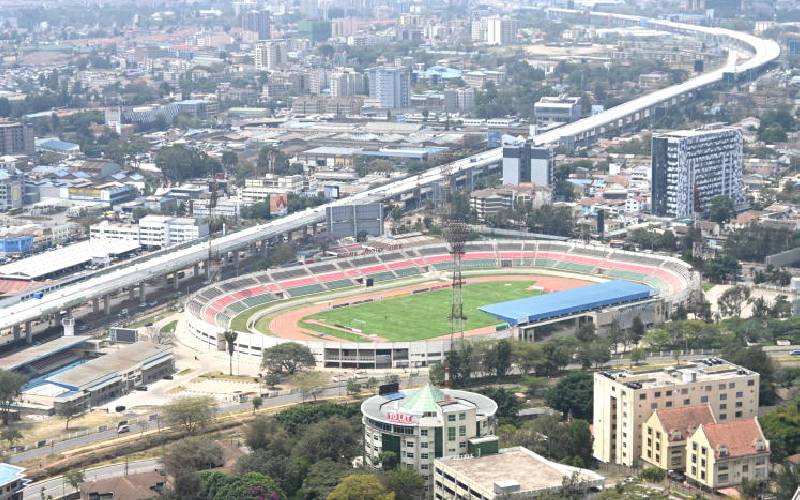×
The Standard e-Paper
Join Thousands Daily

A picture of Nairobi Express way towering above the usual Mombasa road between Nyayo stadium and South C in a picture taken on August 30, 2021. [Denish Ochieng, standard]
Most poor and the so-called developing countries are in the situations they are in because of poor leadership.